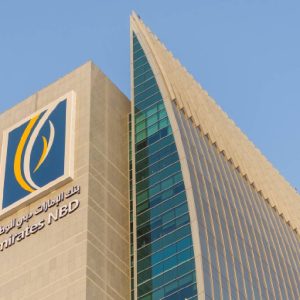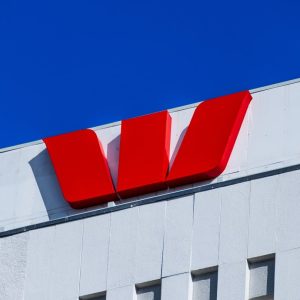During the investigation, the Senate committee found that HSBC applied inadequate anti-money laundering (AML) controls measures, thus sullying the US financial system.
US Senate subcommittee Chairman Sen Carl Levin, D-Mich said HSBC used its US bank as a gateway into the US financial system for some HSBC affiliates around the world to provide US dollar services to clients while playing fast and loose with US banking rules.
"Due to poor AML controls, HBUS exposed the United States to Mexican drug money, suspicious travelers cheques, bearer share corporations, and rogue jurisdictions," D-Mich added.
"The bank’s federal bank regulator, the OCC, tolerated HSBC’s weak AML system for years. If an international bank won’t police its own affiliates to stop illicit money, the regulatory agencies should consider whether to revoke the charter of the U.S. bank being used to aid and abet that illicit money."
Levin also criticized the federal agency supervising the bank’s US operations, the Office of the Comptroller of the Currency for "tolerating" HSBC’s weak controls against money laundering for years.
During the one yearlong investigation, the committee probed the role and responsibility of HSBC and its US affiliate, HSBC Bank USA, dubbed as HBUS.
HBUS manages accounts to 1,200 other banks including over 80 HSBC affiliates and offers US dollar services, such as services to move funds, exchange currencies, cash monetary instruments, and carry out other financial transactions.
The Senate has recommended several austerity majors for changes at HSBC’s US bank, including higher scrutiny of HSBC affiliates for money-laundering risk, closing accounts of banks linked to terror financing, and steps to ensure the bank does not process transactions with prohibited entities such as terrorists and drug lords.






